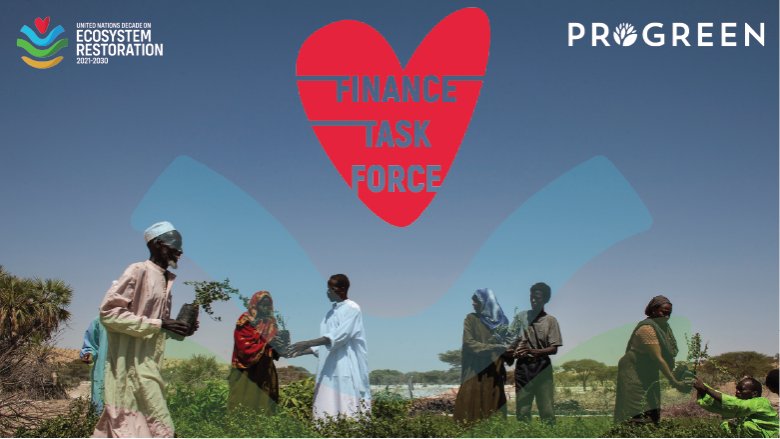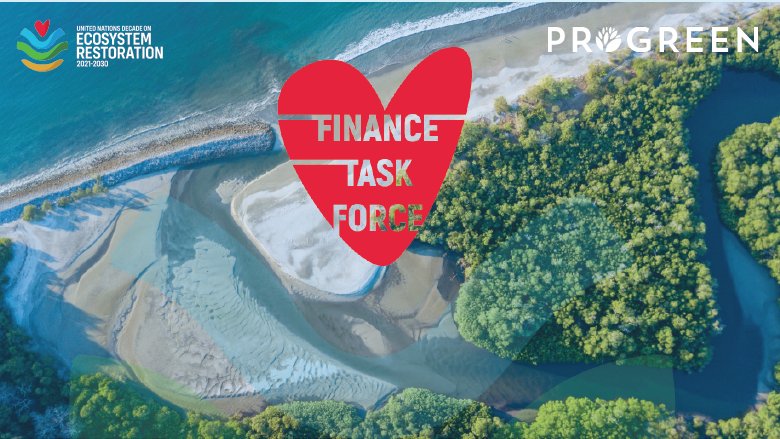Humanity is embedded in nature and depends profoundly on the goods and services it generates. Future economic development and well-being hinge on healthy and resilient ecosystems that provide our food and raw materials, drinking water, clean air, and the stability of the climate system. Yet our demands on nature currently far exceed its ability to regenerate, leaving vast areas of the planet degraded, and threatening the provision of key ecosystem services.
The urgent need to restore degraded land is increasingly recognized – not least due to the challenges posed by climate change – but more action and funding are urgently needed to scale up restoration activities.
The UN Decade on Ecosystem Restoration is an initiative led by the United Nations Environment Program (UNEP) and the Food and Agriculture Organization (FAO) of the United Nations, which aims to drive the restoration of one billion hectares of degraded land between now and 2030. The UN Decade is a rallying call for the protection and revival of ecosystems around the world, for the benefit of people and nature. Healthy ecosystems are foundational to ensuring sustainable livelihoods, counteracting climate change, and bending the curve of nature loss.
Chaired by the World Bank with support from PROGREEN, the role of the UN Decade Finance Task Force is to catalyze actions which can contribute to unlocking the capital needed to meet the Decade’s goals. The Task Force will coordinate and develop impactful research, tools, datasets, projects, and partnerships. It will take steps to increase awareness and foster political will in the public or private sectors, in support of scaling up investment in ecosystem restoration. The work of the Task Force falls under four key pillars:
Pillar 1. Government and Sectoral Policy Levers
Pillar 2. Knowledge, Data, and Tools
Pillar 3: Financial Sector Regulation, and Initiatives
Pillar 4: Financial Markets and Investment Instruments
The Task Force's first publication: Unlocking Restoration Finance — A Stocktake Report provides an overview of the current challenges to and opportunities for increasing public and private investment in restoration and looks at innovative approaches to financing restoration activities. The report also lays out a draft roadmap of actions the FTF will take to overcome challenges and contribute to scaling investment in restoration.
The World Bank's chairing of the Finance Task Force is supported by PROGREEN, a global partnership that works on strengthening the management of forests, promoting sustainable agriculture to reduce deforestation and land degradation, and seeking to lessen the impact of sectors such as infrastructure, transport and mining on the land.

